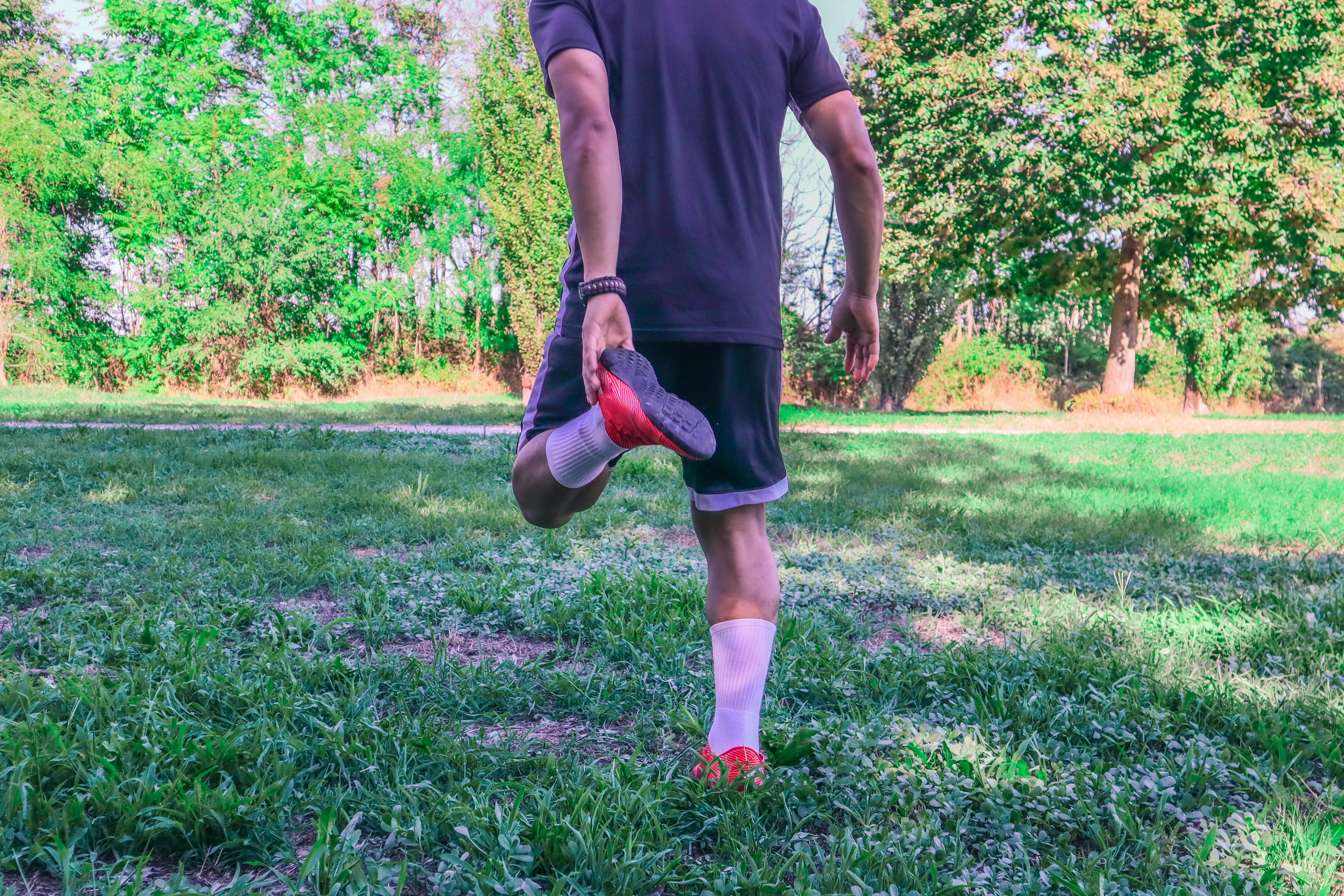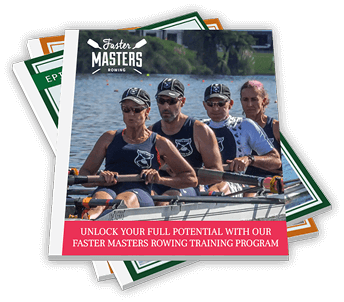Remember the disco funk classic theme tune from the Kids from Fame TV series?
Fame: I'm gonna to live forever, I want to learn how to fly - high!
My most frequent gripe about aging is 'nobody told me it was going to be like this'. But the real truth is I was not looking out for that information. Scientists are now treating aging as a disease and research focuses on longevity and anti-aging. I've been taking NMN and Novos Boost since 2021 when Clare Delmar, keynote speaker at our Older Athlete and Aging conference referenced it in her speech.
Efforts to extend healthspan through pharmacological agents targeting aging-related pathological changes are now in the spotlight of geroscience, the main idea of which is that delaying of aging is far more effective than preventing the particular chronic disorders.
Science Direct: Anti Aging Pharmacology Promises & Pitfalls
Education is the major determinant of healthy aging. What can you do with lifestyle choices, rowing practice and new therapies to make your future the best possible?

Aligning your physical activity - rowing - and your lifestyle towards aging well and understanding what choices you can make for yourself is outlined in our guest article by Brian Clark.
Human lifespan extension
Scientists are working on ways to reducing aging - not face creams and vitamins, but serious scientific endeavour into proven methods.
Gen Xers who adopt healthy aging practices can live long enough and well enough to benefit from the research and resulting treatments that defeat the ailments that come with aging. Even by current standards, we’ve got 20 to 30 years post retirement before we’re considered old. That means if you retire at 67, you should plan to live to 97. Maybe you will or maybe you won’t, but it’s hard to imagine betting against yourself, right?
Based on the amount of investment into scientific research there’s a better-than-average chance we’ll have one or more effective anti-aging treatments in our lifetime.
So here’s a primer on that vital education that can boost your longevity potential. These are the four most promising approaches.
A Simple Guide to Human Lifespan Extension
- Cellular Reprogramming: Turning Back the Clock
- Senolytics: Eliminating "Zombie Cells"
- Metformin: The Diabetes Drug That May Fight Aging
- Rapamycin: Slowing Down Cellular Growth
Read the full detail of each from Further: Why Generation X May Be the First Group to Live Much Longer - what it is, how it works, the promise, where we are and the challenge.
Healthspan vs. Lifespan: What's the Real Goal?
Researchers publicly emphasize extending "healthspan" (healthy years without debilitating illness) rather than total lifespan for three strategic reasons:
- The FDA doesn't recognize aging as a disease;
- It's easier to measure disease prevention than lifespan in human trials; and
- It avoids controversial claims about dramatically extending human life.
But the distinction is somewhat artificial. All of these approaches work by targeting the fundamental biology of aging: the cellular processes that cause both disease and death. If you can genuinely slow cellular aging, you're likely to get both additional healthy years and more total years. The animal studies certainly show this to be true.
In other words, most longevity scientists privately believe that meaningfully extending healthspan will naturally extend lifespan too. They're just being strategic in how they frame their research for regulators, investors, and the public.
So, in light of this fantastical but valid information, I’ll ask you a question I’ve asked you before:
What do you want to do with the rest of your life?
Choose wisely.
Brian Clark, founder Further: Live Long and Prosper
Further reading and resources
- Older Athlete and Aging Conference - annual since 2021
- Science Direct: Anti-aging pharmacology: Promises and pitfalls
- Rowing and aging: What to expect each decade - article
- QualiaBio blog: Turning back the clock - the promise of anti aging therapies
- What to expect from rowing as you age - podcast

